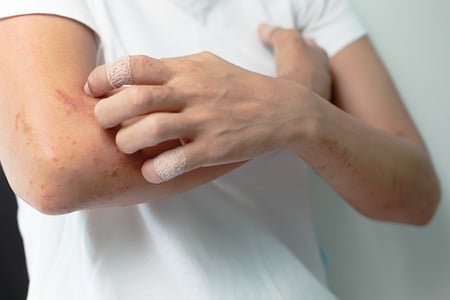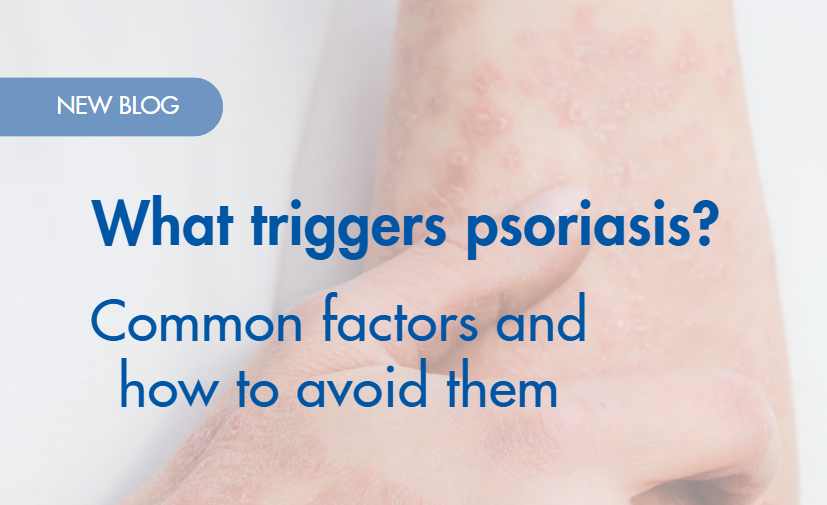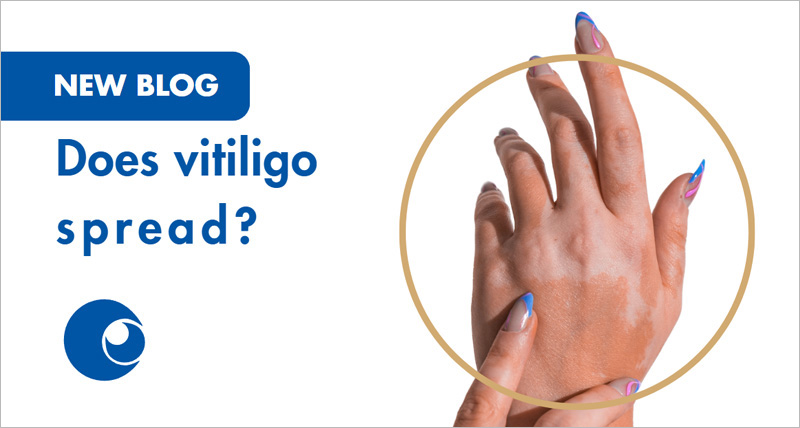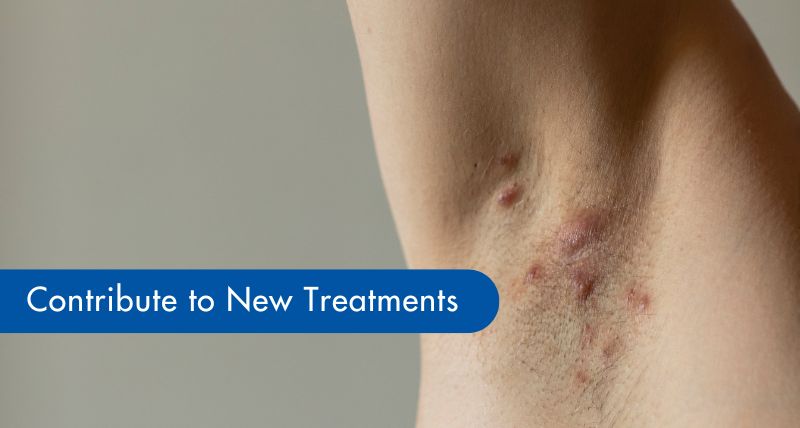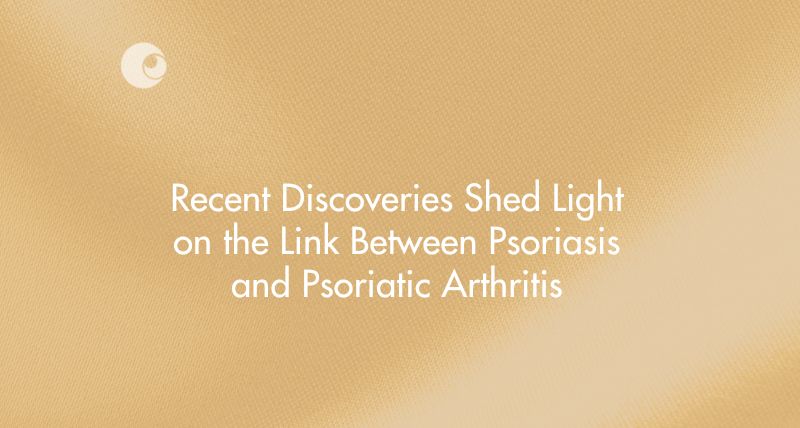Are your hives making your life feel hard? What if you could soothe and heal them? In an Australian Family Physician Journal article, Dr Eshnini Perera and Dr Rodney Sinclair assess and manage chronic urticaria using non-sedating histamine H1 receptor antagonists as the first-line treatment.
This treatment has proved to be effective in 60% of their patients and can be supplemented with histamine H2 receptor antagonists. They also used second and third line treatments to treat urticaria.
Urticaria (also known as hives) is a skin reaction that results is slightly elevated, smooth weals (papules or plaques) that can be red and itchy. These weals can be uncomfortable and unsightly but effective treatment is available.
Physical stimuli for urticaria include:
- Stress
- Alcohol
- Food (some foods including spicy food can aggravate symptoms)
To determine your type of urticaria, we need to evaluate and diagnose that you have chronic urticaria by obtaining a detailed history. Chronic urticaria persists for longer than 6 weeks.
Urticaria (hives) presents as pink or white well circumscribed, raised weals surrounded by an erythematous base and central pallor. These weals may fuse together to form large plaques.
A number of underlying diseases may present with urticaria including:
- Lupus (SLE)
- Cryopyrin-associated periodic syndromes
- Muckle-Wells syndrome (a genetic inflammatory disease that may present characteristically with periodic urticaria, fever, conjunctivitis and muscle, arthritis and skin sensitivity).
We can diagnose chronic urticaria with your medical history and physical examination. Histamine H1 receptor antagonists are the foundation of most treatments. There are several lines of therapy to consider comprising:
- First line therapy that includes Histamine H1 receptor antagonists and Histamine H2 receptor antagonists.
- Second line therapy that includes corticosteroids, Doxepin (a tricyclic antidepressant with potent H1 and H2 receptor antagonist activity) and narrowband ultraviolet B light.
- Third line therapy that includes Cyclosporine medications including dapsone, intravenous immunoglobulin and methotrexate.
Emerging therapies for hives (urticaria) include the anti-IgE monoclonal antibody Omalizumab and autologous serum and autologous whole blood therapy.
Call us on (03) 9654 2646 or contact us here to find out how we can help your chronic urticaria and help your skin glow with health and wellness.
Read the full published article here.
Image copyright: panya99 / 123RF Stock Photo

